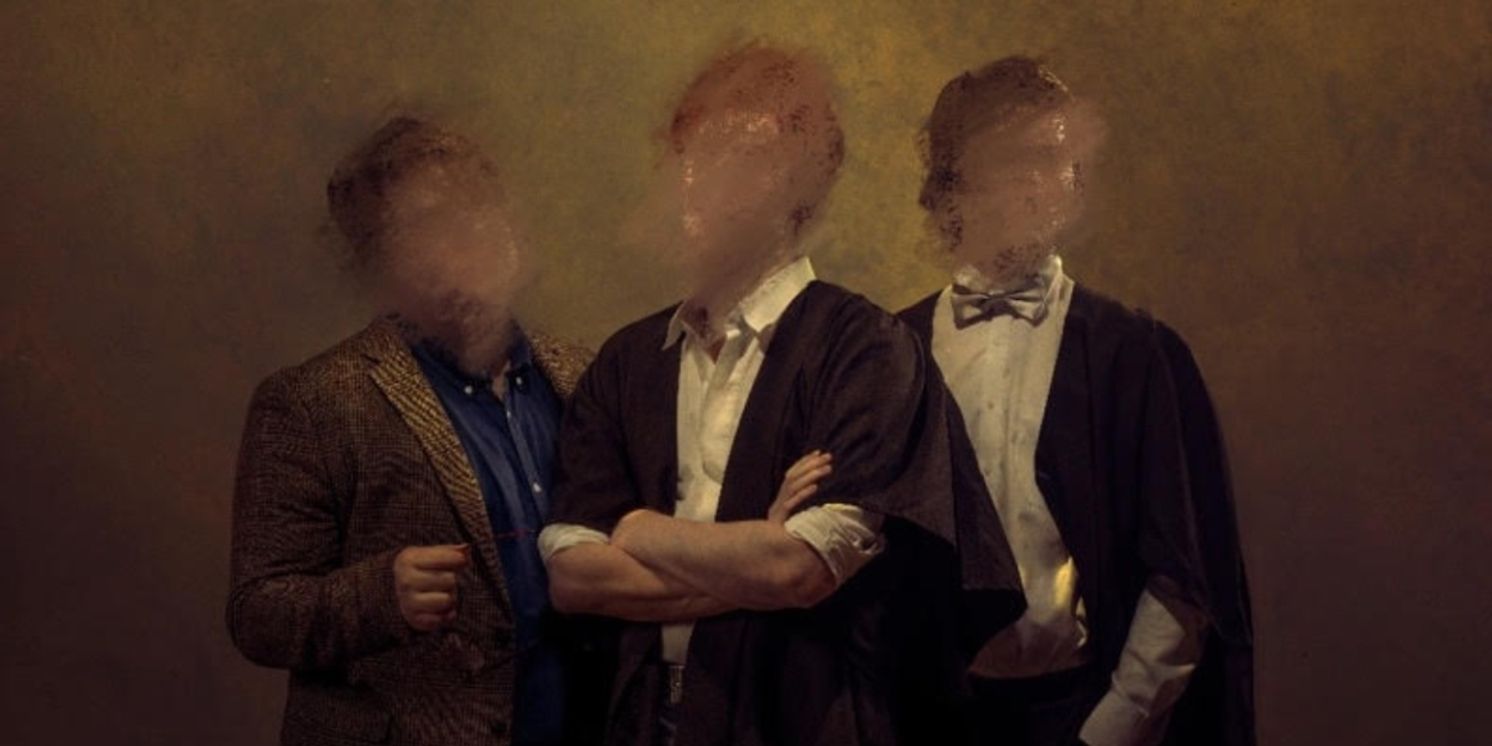Review: GENTLEMEN, Arcola Theatre
An exploration of class, privilege, and sexual identity inside the microcosmos of academia.

![]() In an unnamed English university, the intellectual elite is starting a new year. Among bitter pettiness and spiteful offences, young adults toe the line of appropriateness and learn the power of threatening allegations. When toxic tradition clashes with inevitable progress, the very structure of the crème de la crème of higher education comes into question.
In an unnamed English university, the intellectual elite is starting a new year. Among bitter pettiness and spiteful offences, young adults toe the line of appropriateness and learn the power of threatening allegations. When toxic tradition clashes with inevitable progress, the very structure of the crème de la crème of higher education comes into question.
Matt Parvin’s Gentlemen is the cerebral lovechild of Laura Wade’s Posh and Alan Bennett’s The History Boys whose third cousin once removed is Mamet’s Oleanna. Directed by Richard Speir, it’s a cynical glance at the unhealthy microcosmos of the Oxbridge lot.
Greg is a working class scholarship kid who brags about winning the social mobility athletics. Kasper is old money and proud of who he is. When they’re forced into a series of mediation sessions due to a list of severe accusations, the institutional prejudice and systemic failure of academia emerge from the deft manipulations of highly intelligent men who use their wit to their own personal advantage. The piece is a sophisticated exploration of a moral grey area.
Alex%20Brenner__1DC7689_nh_s.jpeg)
Alarming dialectic and polite antagonism grow into explosive arguments and perfectly inexcusable actions in a taut script. Parvin paints a picture of magnetic, irresistible cruelty with strings of captivating discourse. Speir assembles a company that lights the sparks of sociopolitical analysis and supports a play that’s in equal parts provocation and social satire. The trio engage in a mesmerising dance of controversy. Charlie Beck revels in debate. He takes Greg’s oratorical skills, which would feel at home in the House of Lords, and matches them to an accent that constantly betrays his background and becomes ammunition for Issam Al Ghussain’s Kasper.
The latter doesn’t get a word in as the first regales Timby with a nearly unimpeachable rationale and an iron-clad defence. While Beck assumes Greg’s disgustingly unapologetic attitude and slimy, manipulative logic in an outstanding performance, Al Ghussain creeps in with profound silence and an eyebrow game that talks for England. Deadpan posh vulgarities are met with harsh stares that turn into exquisitely vicious attacks. Their characters are as bad as one another, displaying the same internalised hatred. Edward Judge acts as a biased referee and constant foil to their discord. Greg and Kasper appeal to the college welfare officer’s weaknesses and desperation to fit in, using his buoyant nature for their dirty schemes.
Alex%20Brenner__ABS2070_nh_s.jpeg)
The strength of Parvin’s play lies in the eclecticism of its ideas and suggestions, the ambiguity of its ethical inquiry, and its unyielding multi-faceted critique. He doesn’t, however, simply denounce the establishment. He also castigates the more liberal elite, the tendency to weaponise one’s sexuality, and the deep-seated inequality that permeates British life. He confronts complex power dynamics without complicating the storyline or diverting into idealistic do-goodery. The writing weaves in the concepts of cancel culture, false allegations, questionable reprisal methods, and even the meaning of justice without ever calling them by their name.
It’s a clever script, peppered with ruthless quips and balanced with perfectly inappropriate comic timing added by Speir’s direction. The visuals work in waves, churning the actors regularly in the small space. Everything happens inside an office designed by Cecilia Trono and plagued with a realistic, anonymous, half-attempt at old money comfort. It’s an impeccable set. The production has been in the works since before the pandemic halted it, and it shows.
It’s meticulously curated, from the writing to the direction. The only misstep comes in the shape of an extra scene that introduces the second act and instigates an unnecessary interval. While it’s easy to see why Kasper’s nightmarish experience has been kept in, it briefly stalls the pace and tilts the visual aspect. This said, the piece remains an exceptionally thought-provoking, arresting contribution to the ongoing conversations surrounding the damage of the class divide. It’s definitely worth the trip to Dalston.
Gentlemen runs at the Arcola Theatre until 28 October.
Reader Reviews
Videos

